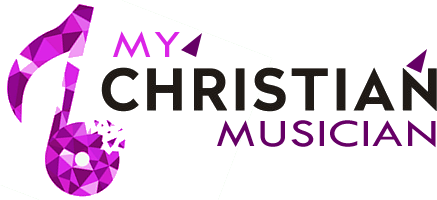Latin Grammy Awards
As is the case with their United States counterpart, the Latin Grammy Awards are regarded as the pinnacle of artistic achievement within the industry. For a musician, the words “Grammy Award winning” placed before your name evokes a sense of great pride, and “Latin Grammy winning” is just as impressive.
This holds true throughout the Latin Grammy Awards, a golden gramophone signifying a major highlight of an artist’s career within the Latin music industry. This accolade is the goal that the majority of Latin musicians strive to reach in their lifetime, in particular, the highly sought after album of the year award.
The Latin Grammy awards have taken place throughout the United States and Latin America, with a large number of ceremonies taking place in Las Vegas. Famous winners and supporters of the awards include artists such as Juan Luis Guerra, Alejandro Sanz, Carlos Vives, Juliana Velásquez and Tom Veloso.

The Latin Grammy Awards honour outstanding achievement in works recorded in Spanish or Portuguese from anywhere around the world that have been released in the Ibero-American Peninsula or the United States. The awards are also inclusive of languages and dialects that do not directly fall into the category of Spanish or Portuguese. The inclusion of such languages and dialects in the selection and nomination process are decided by majority vote.
The Latin Grammy’s share a similar voting process to their American counterparts whereby the selections are decided by peers within the Latin Music Industry. These selections are usually made by members of the Latin Recording Academy, who produce the awards with the mission statement of recognising outstanding achievement in the Latin Music Industry.
Latin Recording Academy
The Latin Recording Academy, formally known as the Latin Academy of Recording Arts and Sciences, was initially established by its American contemporary, The Academy of Recording Arts and Sciences. This took place in 1997, as part of the Recording Academy’s desire to expand its operation in Latin America and Spain.
In 2002, after operating under the umbrella of the United States’ Recording Academy, the Latin Recording Academy elected its first independent board of trustees, with Manolo Diaz as chairman, Gabriel Abarora as vice chair, Raul Vazquez as treasurer and Tom Gomes as secretary.
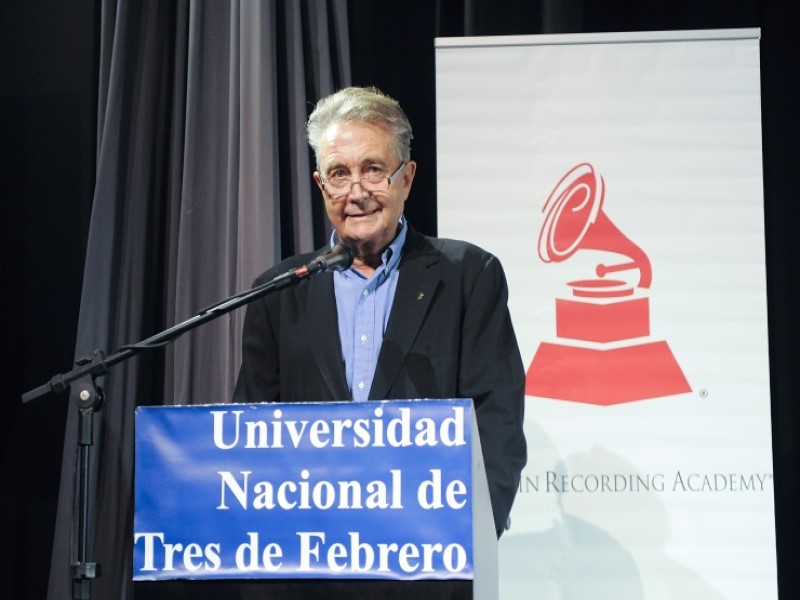
This move was the catalyst for a change in the very nature of the Latin Recording Academy, shifting it from a simple subsidiary of the American Recording Academy, into a multinational membership-based association. This new chapter for the Latin Recording Academy saw its membership increase, and included Latin Music industry professionals, musicians, producers, recording engineers and other creative and technical professionals.
The Latin Recording Academy Today
Nowadays the academy, with its headquarters in Miami, is dedicated to promoting the genre and production of Latin Music, from within the United States and its Latin speaking neighbours. The Latin Recording Academy dedicates much of its time and effort towards strengthening the communities from where it draws its members. They accomplish this goal through the creation of education and networking opportunities and outreaches for those who need them. This provides a platform for unheard voices in the Latin Music industry, and presents opportunities for Latin musicians to showcase their work on the world stage.
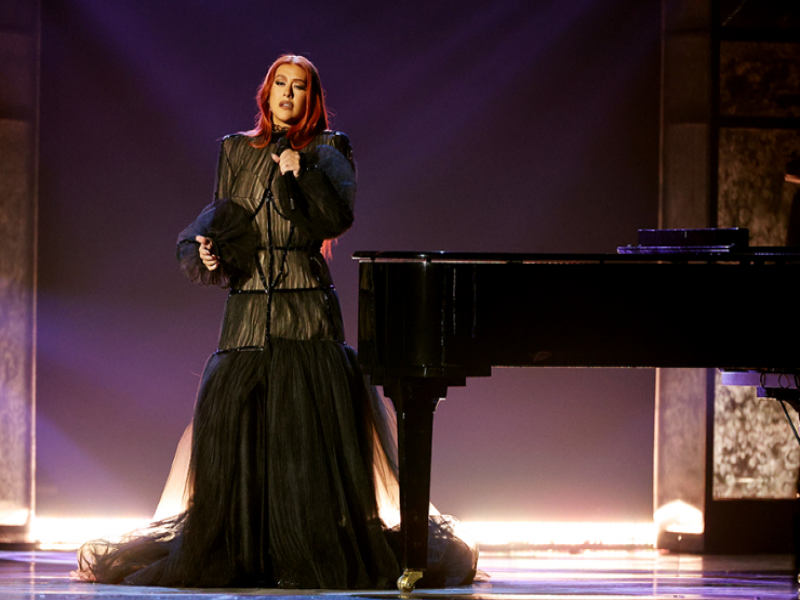
Outreach Programs for the Development of Latin Music
One such outreach program, the e-Latin GRAMMY Carreras Y Música, is designed to provide educational support to more than 10,000 high school age participants from at least 11 countries. This program and others like it provide interested students the opportunity to talk with musicians and members of the Latin music industry about what it is like to work in the industry and how they should approach a career in the field if they aim to be successful.
The Latin Recording Academy has hosted this event and countless others in numerous cities in and around the United States, from Mexico City to New York. This achievement shows the organisation’s dedication to giving back to the community, and the efforts they make to recognise and foster talent outside of the Latin Grammy Awards.
History of the Latin Grammys
Beginning in 1989, the idea for a separate Grammy award ceremony for Latin music was conceptualized in response to the fact that the Latin music industry was expanding so rapidly that it could no longer be considered as a single genre anymore. Instead, the industry had evolved into exactly that, an industry. No longer could Latin music be grouped alongside genres like Rock or Country because the growth and the diversity of the medium had seen it become a genuine industry in its own right.
However, it did take eleven years for any action to occur from this realisation. It took a significant amount of campaigning by the Latin Recording Academy during this time for the Latin Grammy Awards to become a reality.
Ironically, the tipping point for the creation of the awards was attributed to the fact that the Grammy Awards could no longer accommodate the ever-increasing footprint of the Latin Music industry within its ceremony run time, and as such, a change had to occur.
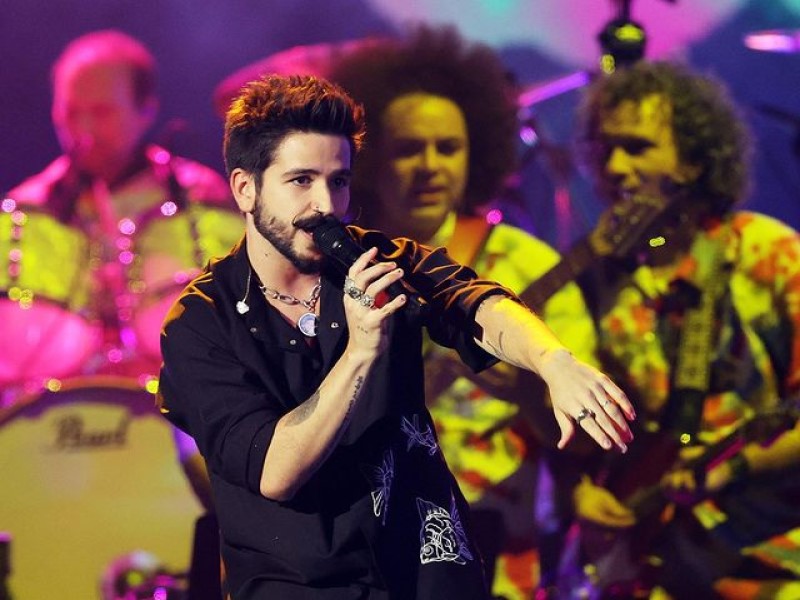
The First Latin Grammy Awards
Finally in 2000, it was announced that the first ever annual Latin Grammy Awards ceremony would be taking place in September of that year. The Latin Grammys were introduced with over 39 categories covering Spanish and Portuguese speaking records. The ceremony was held at the Staples Centre in Los Angeles and was broadcast across the United States.
Due to the tragic events of September 11, the 2001 awards ceremony was respectfully cancelled. Unfortunately, this left the future of a Latin Grammy Awards in jeopardy as it was seen to be too much trouble and a significant burden on the United States’ Recording Academy.
Introduction of New Leadership
In 2002, under new independent leadership led by chairman Manolo Diaz, the Latin Grammy Awards resumed in full swing, to a positive reception and critical acclaim from those within the industry. The Latin music fraternity was ecstatic to see their fellow industry professionals receiving the recognition they always believed they deserved.
This overwhelming success led to an expansion in 2005 when the broadcasting rights were transferred from CBS to Univision. The first annual Latin Grammys ceremony broadcast by CBS, had become the first primarily Spanish language primetime program carried on an English language American television network, a monumental achievement in itself.
This eventual shift in ownership allowed the ceremony to blossom and forge its own identity, with the complete telecast now entirely aired in Spanish, and tailored to the industry which it celebrated.
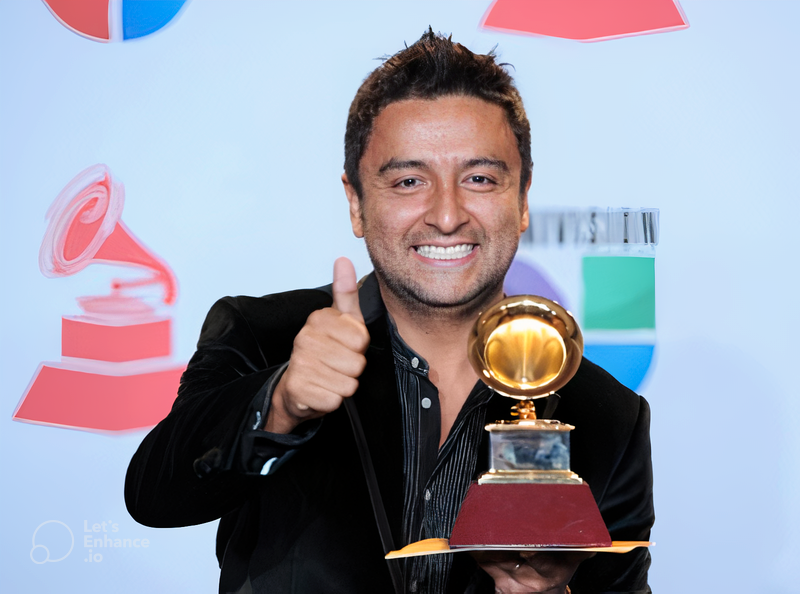
Voting Process
Voting members reside in various regions inside and out of the US including Latin America and Iberia. For music by the recording agencies to be eligible for a nomination, it must have at least 51% of its content recorded in Spanish or Portuguese, and been commercially released in North America, Central America, South America, the Caribbean, Spain or Portugal.
Products recorded in languages and dialects from Ibero-America such as Catalan, Basque, Galician, Valencian, Nahuatl, Guarani, Quechua or Mayan may be accepted by a majority vote of the committees of the Latin Recording Academy. The Latin Recording Academy also accepts Latin instrumental music from Ibero-America, along with compositions that have been composed or interpreted by an Iberian American musician.
Recordings are initially entered and then reviewed to determine the awards they are eligible for. Following that, nominating ballots are mailed to voting members of the academy. The votes are counted and the five recordings in each category with the most votes become the nominees. Final voting ballots are sent out to voting members where the winners are determined and announced at the Latin Grammy Awards for that year.
Specifically Prepared/Event Awards
Altogether, there are three event awards presented at the Latin Grammy Awards ceremony. The first two are the Life Achievement award, given to honour renowned artists for lifetime achievement and, Person of the Year Award, given to one artist who is honoured at the Gala Dinner for their contributions over the previous 12 months. Then, of course, the Grammy Awards themselves, which acknowledges artists from all over Latin America and Iberia and is now broadcast live to over 80 countries.

Criticism
As with its American counterpart, the Latin Grammy Awards has received criticism from various recording artists and music journalists.
Upon the announcement of the Latin Grammy Awards in 1999, several musical journalists raised concerns about the awards being used as a marketing tool by the mainstream media. Manny S. Gonzalez of the Vista En L.A felt that the award would solely be used to advertise artists promoted by Emilio Estefan, a powerful figure within the industry.
The lack of categories for non-Spanish and Portuguese-speaking music has also been raised by artists who consider their work to be “Latin” but are not eligible for a Latin Grammy including those from Haiti.
The linguistic requirement was criticized by Tony Succar whose album, Unity: The Latin Tribute to Michael Jackson, was not eligible for a Latin Grammy Award despite the album being recorded in salsa music. In response to the criticism, a spokesman for the Latin Recording Academy stated: “The Latin Recording Academy considers music based on the contents of the recording itself — the technical elements that go into the art of music making — not based on how a recording or an artist is marketed externally.”
Specific Cases of Backlash
In 2001, Cuban exiles living in Miami protested at the Latin Grammy Awards for allowing musicians living in Cuba to perform at the ceremony. This resulted in the Latin Grammys moving to Los Angeles for the 2nd annual awards, which were eventually cancelled in the aftermath of the September 11 attacks.
In October 2010, a year in which he did not have any new works eligible for the 11th Annual Latin Grammy Awards, Venezuelan singer-songwriter Franco De Vita – a previous nominee – called the Latin Grammys “fake and a lie.” He stated that if he were to ever win an award, he would not accept it, despite the following year, winning his first two Latin Grammy Awards, at the 12th Annual Latin Grammy Awards.
The Latin Grammys also met with backlash at the 2019 awards ceremony when none of the Urbano artists were nominated in the general categories despite its popularity. This led to several Reggaeton artists, including Daddy Yankee and J Balvin, boycotting the event.

The Latin Recording Academy responded to criticism by requesting the “leaders of the Urbano community to get involved with the Academy, to get involved with the process, and to get involved with discussions that improve the Academy.”
Relation to Christian and Gospel Music Industry
The Latin Grammy Award for Best Christian Album is the quintessential award for Latin Christian musicians. It has been awarded every year since the 5th Latin Grammy Awards ceremony, which took place at the Shrine Auditorium in Los Angeles.
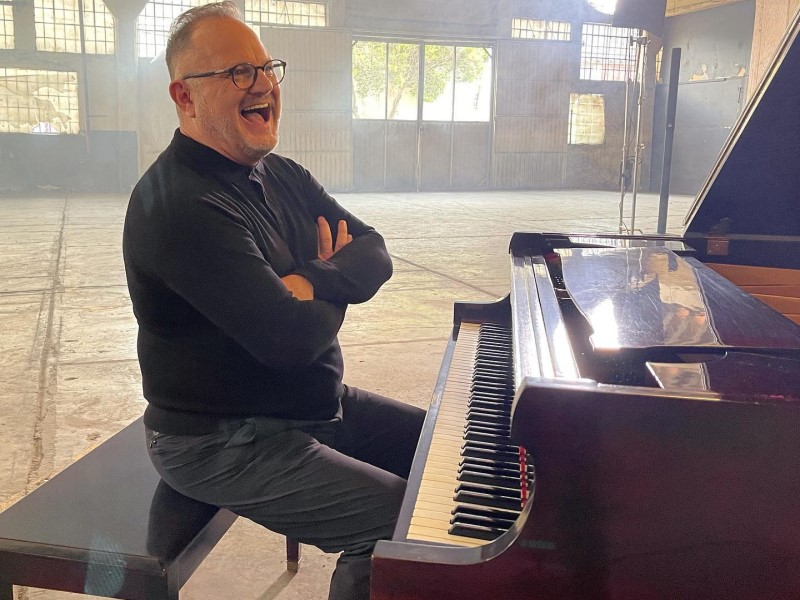
Apart from a period of renaming in 2002 and 2003, when the category was named Best Christian Album, the award has remained fairly consistent with its structuring and inclusion. Since the creation of this category, Marcos Witt and Alex Campos have been awarded it on 5 occasions, an incredible feat and a testament to their skills as performers.
